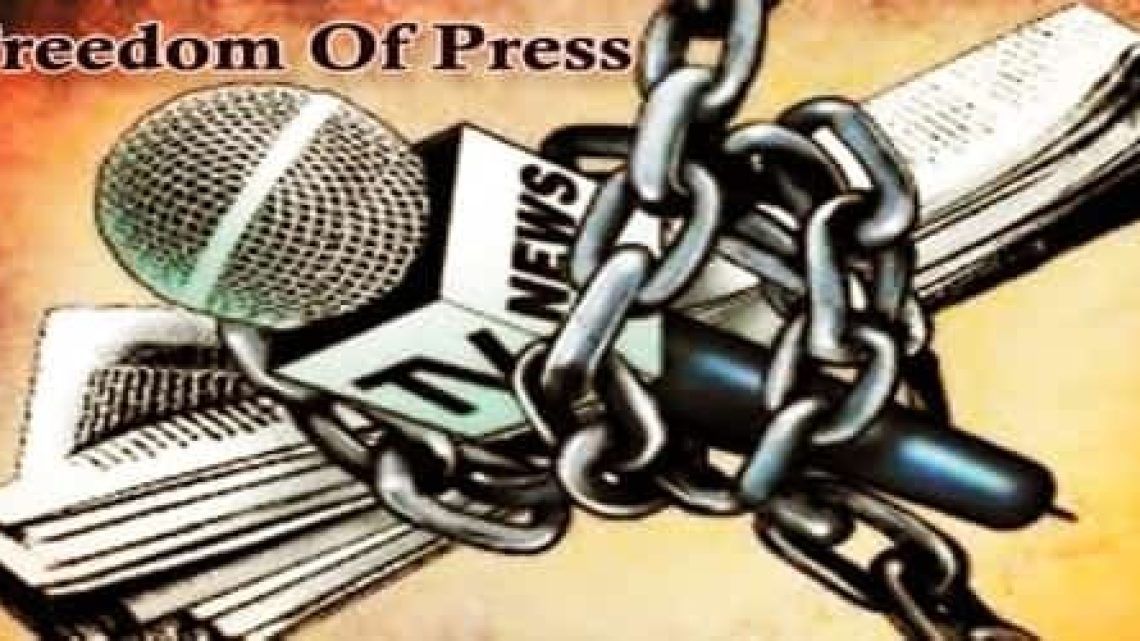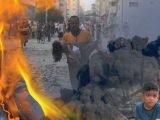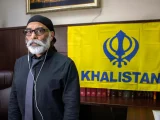
Media Suppression: BJP Restricted Journalists in IIOJK
October 16, 2024The BJP-backed authorities in Indian illegally occupied Jammu and Kashmir (IIOJK) have once again shown their disdain for a free press. They denied access passes to many journalists for the oath-taking ceremony of the new administration led by Omar Abdullah.
The ceremony occurred at the Kashmir International Convention Centre in Srinagar, where the IIOJK Lieutenant Governor Manoj Sinha—appointed by the Modi government—administered the oath to Abdullah and his council of ministers. This event, significant for the region, was marred by restrictions on media coverage.
Accredited journalists expressed their disappointment with the opaque pass distribution process. “Only a select few journalists and media organizations received passes,” one reporter noted, raising alarms about the arbitrary selection criteria. This lack of transparency is a troubling indication of the government’s attitude towards the press.
Another journalist condemned the “pick and choose” method employed to grant media access to such an important event. This approach not only undermines journalistic integrity but also limits the diversity of perspectives presented to the public. A fair and transparent process is essential for comprehensive coverage of events that affect the lives of countless Kashmiris.
The denial of access to journalists highlights a broader strategy of suppressing dissent and controlling narratives in IIOJK. The BJP regime’s actions reflect a consistent pattern of undermining democratic values and freedoms. By restricting media access, the government aims to control the narrative surrounding its policies and actions in the region.
This suppression of the press is alarming. Journalists play a crucial role in holding power accountable and ensuring that the voices of ordinary citizens are heard. When access is restricted, it creates an environment where misinformation can flourish, and the truth becomes obscured.
The international community must take note of these tactics. The BJP’s disregard for media freedom is not just a domestic issue; it has implications for democratic norms globally. In an age where information is power, silencing journalists stifles the very foundation of democracy.
As the situation unfolds in IIOJK, the fight for press freedom becomes increasingly vital. Journalists must be able to report without fear of exclusion or retribution. The current regime’s actions are a direct affront to the principles of transparency and accountability.
The BJP’s attempts to control the narrative must be challenged. The voices of journalists in IIOJK deserve to be amplified, not silenced. Only then can the truth about the region’s struggles be fully understood and addressed.

